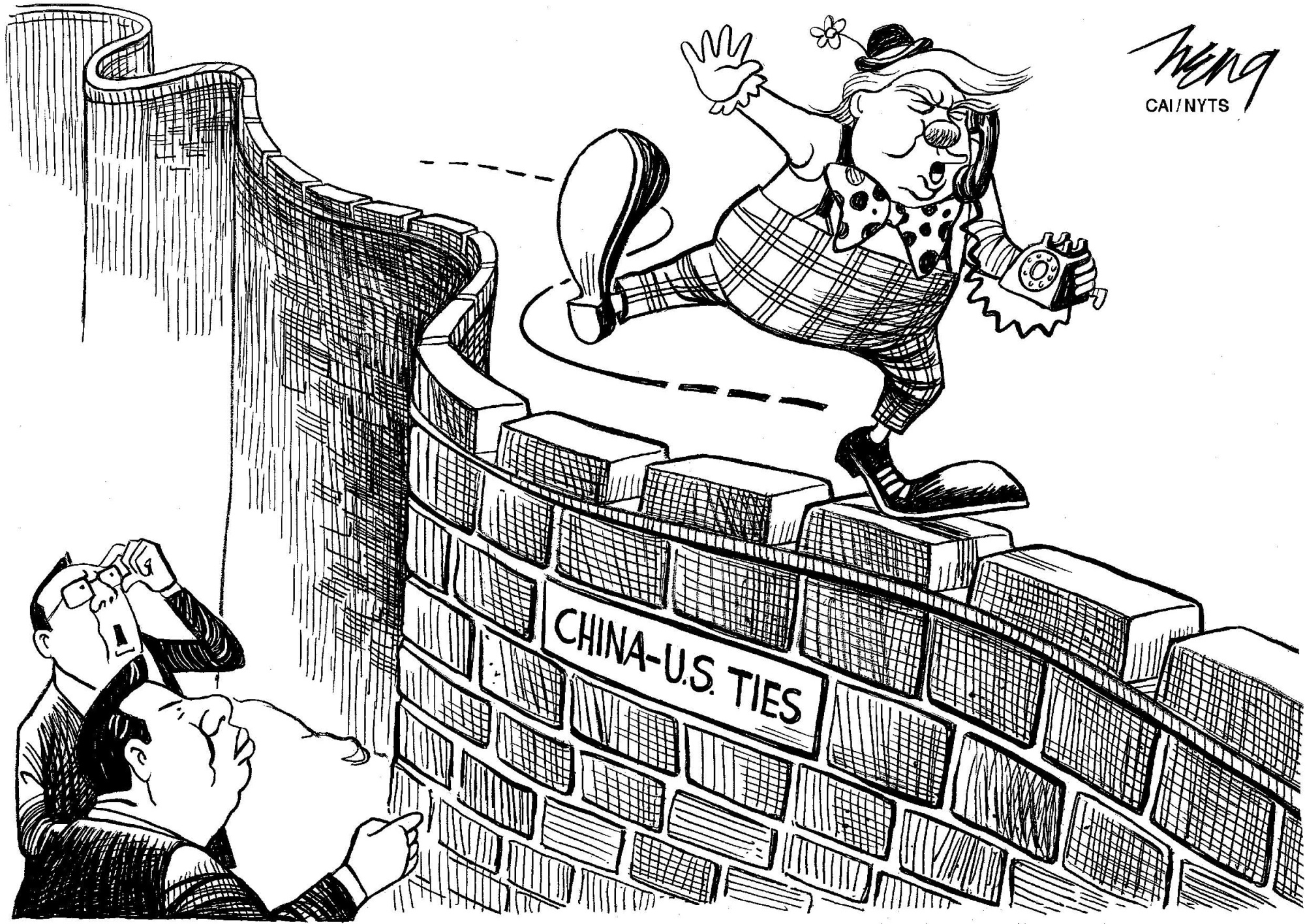"When two elephants fight against each other, the grass always suffers," said Yu-Fang Lin of the National Policy Foundation, a Taiwan-based think tank, in an interview with The Washington Times. He was talking about the famous phone call between Taiwan's President Tsai Ing-wen and Donald Trump on Dec. 2. If the United States and China get into a military confrontation, Lin suggested, it is Taiwan that will be crushed.
Beijing was outraged by that phone call, the first direct conversation between an official of the Taiwan government and an American president or president-elect in almost four decades, but it kept its fury in check. Beijing made an official complaint to Washington, but Chinese Foreign Minister Wang Yi dismissed the call as a "petty trick" by Taiwan. Chinese leaders, as puzzled as everybody else by the Trump phenomenon, were soft-pedaling the issue and hoping against hope that the president-elect wasn't looking for a fight.
The alternative was just too frightening to contemplate. Yu-Fang Lin called it the "madman" strategy: Trump making himself "appear to be very dangerous and hostile and very unpredictable to scare the (Chinese) leaders" into concessions on various issues. Within days, Trump gave Lin's theory wings.



